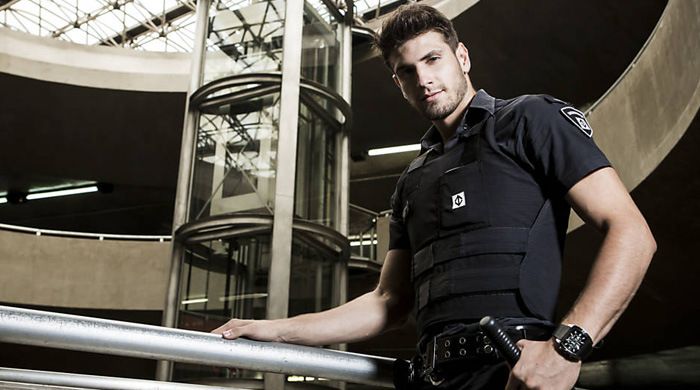Many successful security service Melbourne businesses rely on security guards as their backbone. Security guards protect assets from theft, vandalism and other forms of violence, regardless of whether they work for the government or a private company. They are responsible for enforcing preventative steps and monitoring for signs or misconduct. This article will address the Occupational outlook of security guards. Continue reading to learn more about the job duties, training requirements, and responsibilities of security guards.
Occupational outlook for security guards
Security guards have a bright future. According to the Bureau of Labor Statistics California is the most populous state for security guards. There are more than 151,130 security guard jobs in the state, or 9.7 per thousand jobs nationwide. According to the Bureau of Labor Statistics there will be a five percent increase in security guard jobs between 2014 and 2024. This growth rate is similar across industries.
Security guards have many responsibilities and job duties, but their primary responsibility is to protect people as well as property. They keep an eye out for suspicious activity and protect people and property. They work in a variety of environments, including banks, shopping centers, and other places that could be dangerous for people. They must be meticulous and vigilant in order to do their job effectively. Security guards are responsible for patrolling the building and using cameras to monitor what is happening within the facility.
Doing job
Security Guards Melbourne are responsible for a variety of tasks including monitoring video feeds, evicting criminals, and operating security systems. They can also transport people to designated places and inspect machinery and equipment. Depending on the job they do, a security guard could also be responsible to administer first aid. While most security guards are employed by a company, some are hired by individuals for specific tasks.
Security guards also perform surveillance and security patrols on commercial and industrial properties. They patrol the doors and windows, as well as interact with visitors and employees, and detect any suspicious activity. These security guards are required to answer phones, take messages and monitor the environment. During non-business hours, security guards answer security calls and respond to messages. Security guards are responsible for providing adequate protection for tenants and employees, in addition to keeping an eye on the property.
Training requirements
The type of work security guards perform will determine the training requirements. While some security guards may be equipped with weapons, others may only require basic self defence skills. Training programs should be clear about the skills that each security officer will need. For example, an unarmed attack requires the use of pepper spray, rather than a gun. Every security guard should be able to make split-second decisions and recognize danger signs. These skills should be taught in security guard training programs.
Security guard certification programs typically last between eight- and sixteen hours. They may include field training and report writing, evidence handling, force use, and force. Some states require security personnel to be licensed to carry guns. However, there are voluntary certifications to improve employability. Certified Protection Professional and Certified Security Professional certificates are available to security guards. In addition to obtaining a security license, training programs also emphasize safety awareness and crowd control.
Unionization
Although most employers view the idea and necessity of unionization with alarmism, many employees don’t understand why they should be opposed. Employers view unionization as an insult and personal loss and are encouraged to believe that employees will vote against it through secret ballots. This legislation is not effective and will not improve working conditions for security guards. However, there are many ways to change this attitude. Below are some of the ways unionization could cause harm to security guards.
The first step in unionization is to determine how security guards are positioned. The majority must sign union cards. Once this is done, the union may make demands for its members. This will increase your chances of success in the unionization effort. This is not always possible. It will require the employer to ensure that security guards have a fair chance at unionization, as long as they are willing to pay a fair wage and benefit from a better working environment.
Work environments
The working conditions of security guards directly impact the quality service provided by the company. The working conditions of security guards include their work hours, wages, and the overall environment. Improving the working conditions for security guards is a major responsibility of the chief security officer (CSO), who makes many decisions about the security firm’s practices. Long working hours can cause fatigue and a lack of focus, which is not good for your health. The problem can be alleviated by implementing working shifts and allowing guards to take lunch breaks.
Security guards need to be able work well with others and have excellent interpersonal skills. They must communicate well with the public, building staff, authorities, and other officials. They must be capable of effectively relaying information, even in high-pressure situations. Security guards must also have strong observational skills, which they need to assess and solve issues. Their job is ultimately to protect people. Security guards must be polite and detail-oriented to ensure a smooth working environment.

